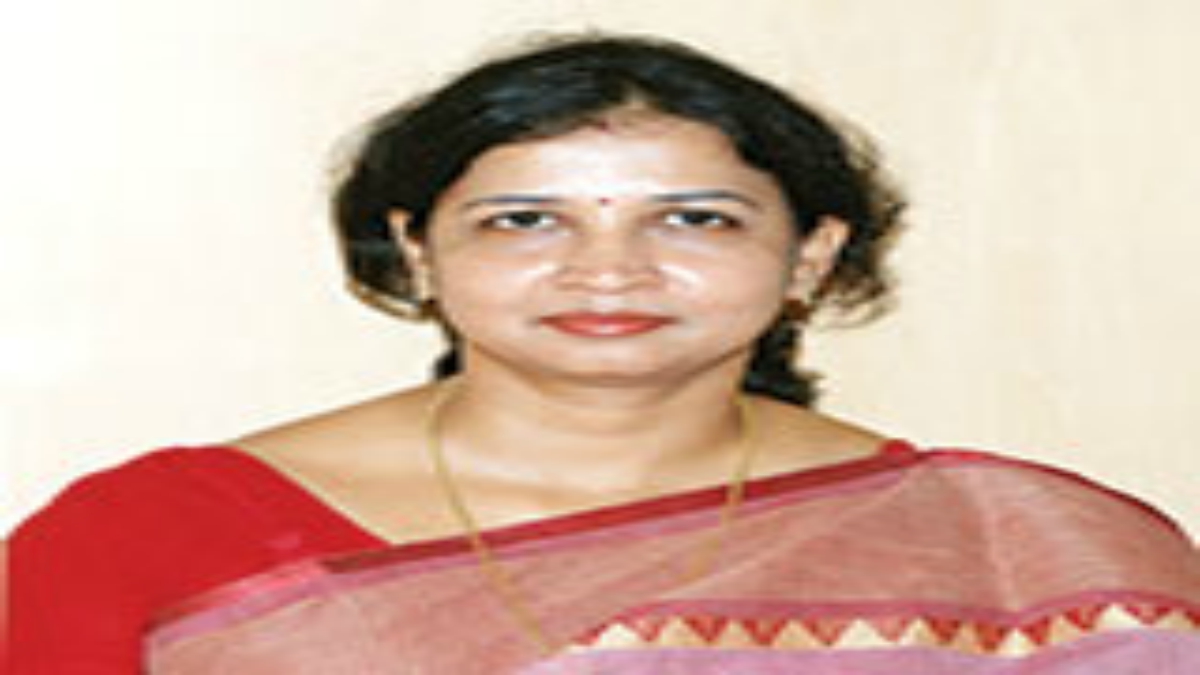


Prof Sasmita Samanta from Kalinga Institute of Industrial Technology (KIIT) recently joined NewsX for its special segment, NewsX A-list and shared details about the university and how the pandemic has changed the learning procedure for students.
Sasmita Samanta, Pro-Vice Chancellor of KIIT, has won over 25 national and international awards and is a perceptive academician and popular teacher in the field of organisational behaviour and leadership. She strongly believes that education is of prime importance to all and therefore, it gets the highest priority in India. She then divulged some background information about the university.
Prof Samanta said that KIIT was established in 1997 as an engineering institution and after six years it got the deemed university status from University Grants Commission (UGC) in 2004 and from there it has grown manifolds establishing several schools. “KIIT is one of the premier multidisciplinary universities of this country. The focus of the New Education Policy is also to convert Indian universities into multiple disciplinary universities. A student can easily decide his course of action for the future when he gets exposure to all fields of education,” she said.
She informed that KIIT offers around 200 UG and PG programmes in different disciplines, starting from engineering management, biotechnology, medical, dental science to social sciences. The students are free to choose the courses across all these disciplines as per their interest. The university is also open on Saturdays and Sundays for school students to experience its ambience.
The Pro-Vice Chancellor also shared that the university was started with the vision of making it an international institution and after one year of its establishment they had around 30 foreign students already. It also has a global reach. “Since the very beginning, KIIT was established to address the issues of the globe. Now we have students and faculties from 52 countries and every year around 500 to 1100 students go abroad for higher studies from our university,” she mentioned.
When asked about how Covid-19 affected the working of the institutions, Prof Samanta said that everything went smoothly for them. She further added that around 1000 Indian and 600 foreign students were stuck on the campus. She said, “Those who couldn’t go home were provided with all the facilities and Covid-19 regulations defined by the government were strictly followed inside the hostel campus.”
KIIT is a tech-savvy campus and every student and teacher in the university is provided with a laptop. Even before the pandemic started, the university used to conduct online assessments through an online examination system. So, the prior experience of online teaching helped them a lot. She highlighted that KIIT is the only institution in the country which could finish the academic calendar as it was set earlier.
Prof Samanta went on to say that she saw emerging opportunities in the digital age. It was difficult to attract students to the class and keep them engaged for six hours when they were physically present, but when they were allowed to attend classes as per their convenience, there was a sharp rise in the number of students present in the class, she said.
She explained how the teaching process has become simpler now. “We have faculties who are industrialists and experts from around the country and it needed a lot of planning for them to reach the campus. So it’s easier for the faculties to take online classes.” She feels that even after the pandemic many institutions will still follow the online method of teaching.
Prof Samanta had a piece of advice for the students, “As the technology is rapidly changing around the globe the students should evolve while learning to maintain their credibility.”